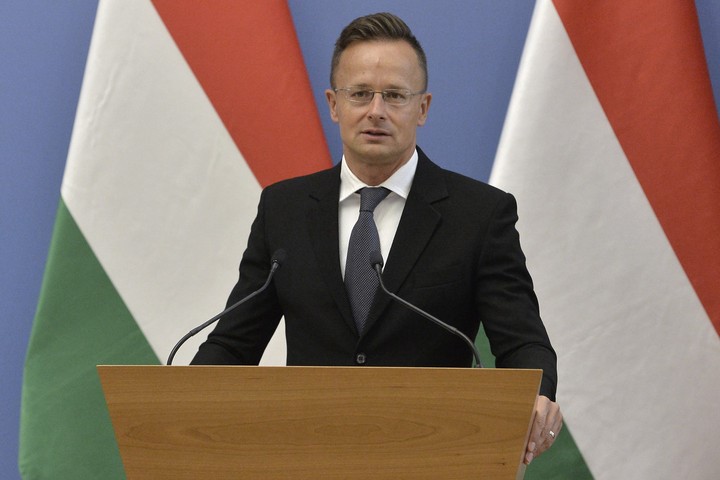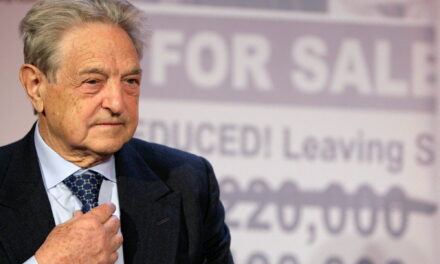The government is always ready for dialogue regarding specific matters and legislation, however, it firmly rejects claims that cast doubt on Hungary's democratic character, Minister of Foreign Affairs and Trade Péter Szijjártó stated at the UN Human Rights Council meeting in Geneva on Tuesday.
According to the announcement of the Ministry of Foreign Affairs and Trade, the head of the department stressed at the hearing held in the framework of the so-called universal periodic review (UPR) of the body: there is no need for some external authority or other state to certify the democratic nature of Hungary. As he said, Hungarians have fought for freedom throughout their history, and this is the main guarantee of democracy, because the people would never tolerate any government violating their fundamental rights.
He called the criticisms of the rule of law in recent years politically motivated. He believed that the reason for this is that Hungary has a right-wing, Christian-democratic government in power, which pursues a patriotic policy, always following the national interest and sticking to the national identity and heritage. According to him, the international liberal mainstream has a hard time bearing this.
Péter Szijjártó stated that the European Union is moving further and further away from its core values, which made it strong, but Hungary still adheres to them. He said that questions about family and migration policy, as well as media freedom, will also be asked at the current hearing, and he briefly listed these topics.
He pointed out that in Hungary all support is given to families, for example, 6.2 percent of the gross domestic product (GDP) was spent on this purpose last year, which is three times the OECD average. Regarding the much-criticized child protection law, he emphasized that it only ensures that parents have the exclusive right to educate their children sexually. He stated: it is absolutely not true that the legislation is anti-LGBT, as it does not say anything about adults. And in Hungary, no one has to be afraid because they belong to a certain community.
The minister called migration one of the most serious challenges, a dangerous phenomenon that also carries security, cultural and health risks during the coronavirus epidemic. In connection with criticism of the situation of press freedom in Hungary, he said that, according to the mainstream, media freedom means that 95 percent of the press is liberal-oriented. However, the government means that all media outlets and journalists can express their opinions freely, regardless of their political and ideological position.
According to him, the reason for the criticism is basically that the conservative media is also established in Hungary. He also added that if the reviewers spoke Hungarian, they would see that the market-leading media are considered anti-government in all segments.
The procedure, launched in 2008 and due every five years, is carried out for each member state of the world organization, and during this process the human rights situation of the given country is evaluated, errors are revealed, and recommendations are formulated. Before this, Hungary took part in 2011 and 2016. The Human Rights Council, which consists of 47 representatives, began its operation in 2006, and its composition is decided by secret ballot by the member states of the UN. The UPR working group examines 42 countries every year.
(MTI)
Photo: MTI/Lajos Soós












